Cider 101: What is a Ciderkin?
What is Ciderkin?
After the apples used to make a cider are crushed and the juice is pressed from them, the bits and chunks of fruit left behind is called pomace. The pomace often retains enough sugar, tannins, and other apple-y goodness to create another delicious cider. Cidermakers will rehydrate the pomace, and then typically let it rest for a period of 24-48 hours before pressing the fruit again.
This second pressing results in a low ABV, crushable beverage called Ciderkin. Ciderkins are perfect for cooling off in the summer, or make for a great sessionable beverage year round (sessionable = able to consume many in one drinking "session"). The flavor profile can vary widely. Some are low or moderate in flavor intensity with a clean, refreshing essence of the original apple or cider. Others can be tart and even slightly funky, often the result of the rest period prior to the second pressing which can encourage growth of different wild yeast strains. Some Ciderkins are remarkably similar in flavor profile to a quaffable Belgian Gueuze.
Does this all sound familiar? Winemakers use a nearly identical process to create Piquette wines. Brewers sometimes make a second beer from a single grain mash in a similar process called Parti-Gyle brewing (kinda, sorta similar... water and a 2nd delicious drink are involved... brewing is otherwise nothing like cidermaking).
There are of course variations in the fruit used, process, and names used by cidermakers for this style of beverage. Co-ferments of any combination of apple, pear, quince, and wine grapes have been creatively used to make piquette/ciderkin drinks that we love. If you see "kin" or "quette" in the name, give it a try! It's likely highly refreshing, in addition to being a great way to maximize the use of the fruit.
Want to try a few? Barmann Cellars Off-Leash Poubelle is a Ciderkin made with the pomace from their Bamboozle Cider. Pet Project Wines makes one of our favorite cider releases in the last year, this Golden Russet single-varietal cider. They also make this Ciderkin that's a blend of the same cider's second pressings, plus a piquette blend of two wine grapes they use in their award winning wines. Or try Little Pomona's Dry Hopped Hard Rain Ciderkin or their Perry-quette for a perry equivalent.



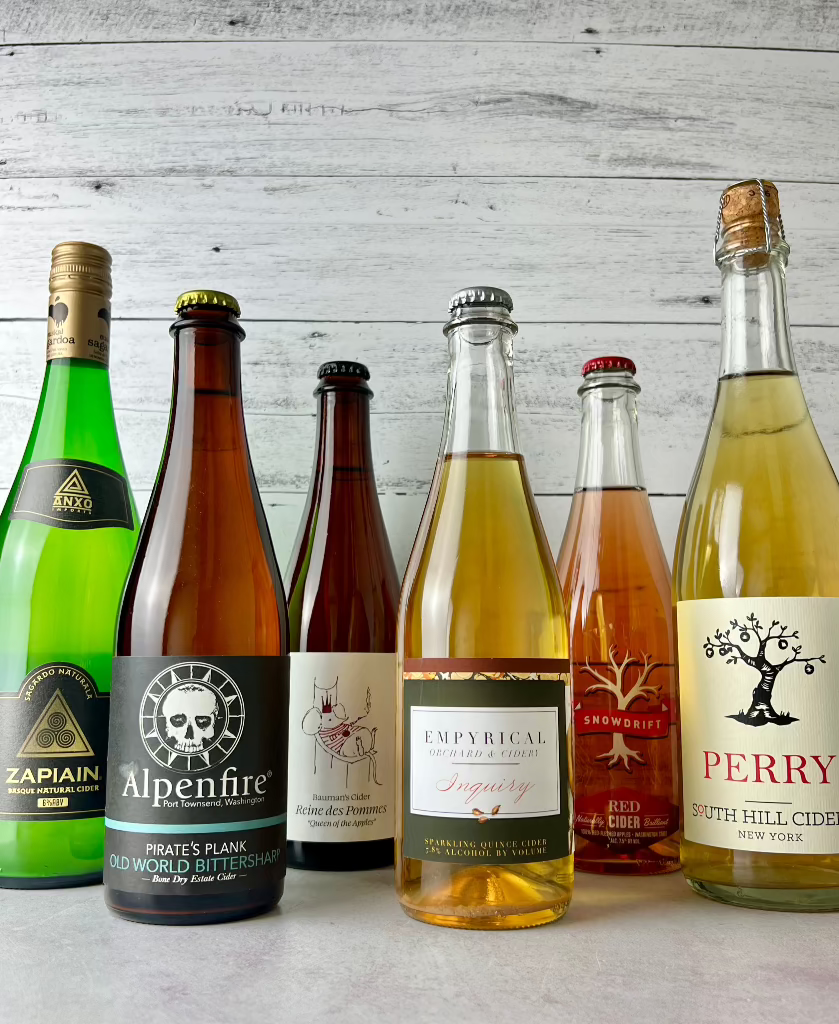

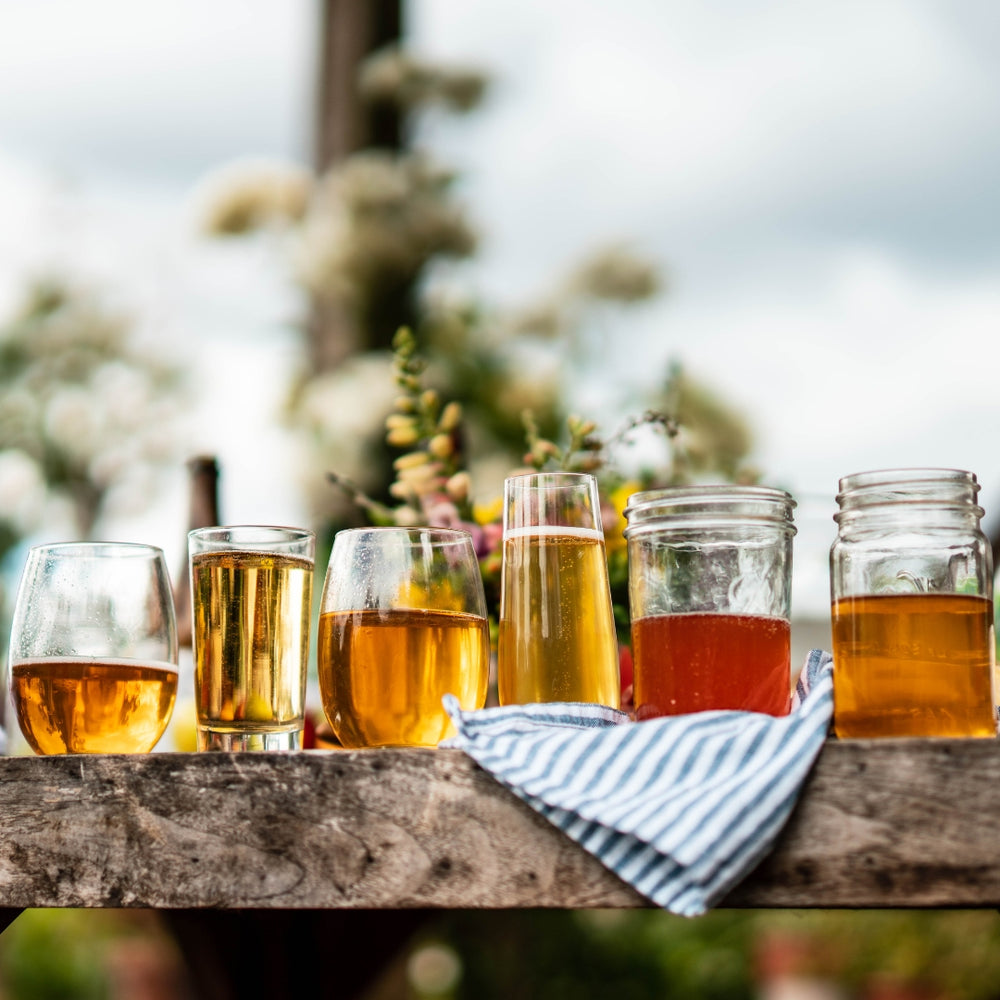
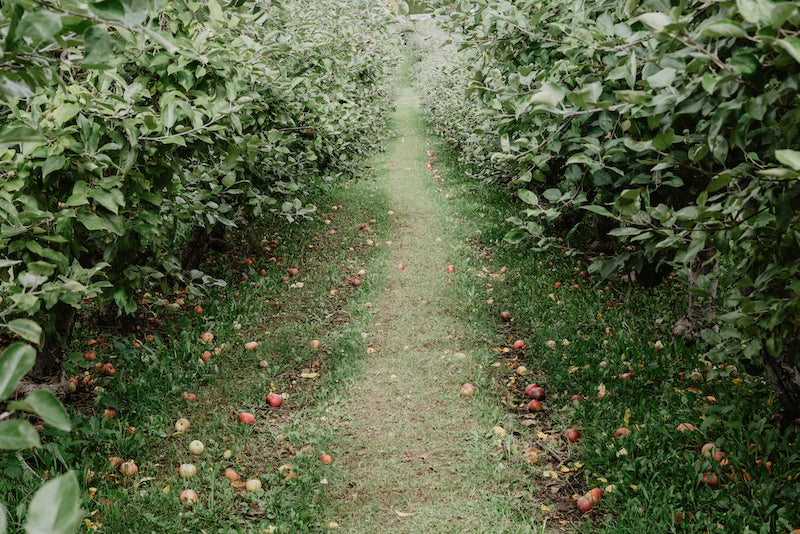
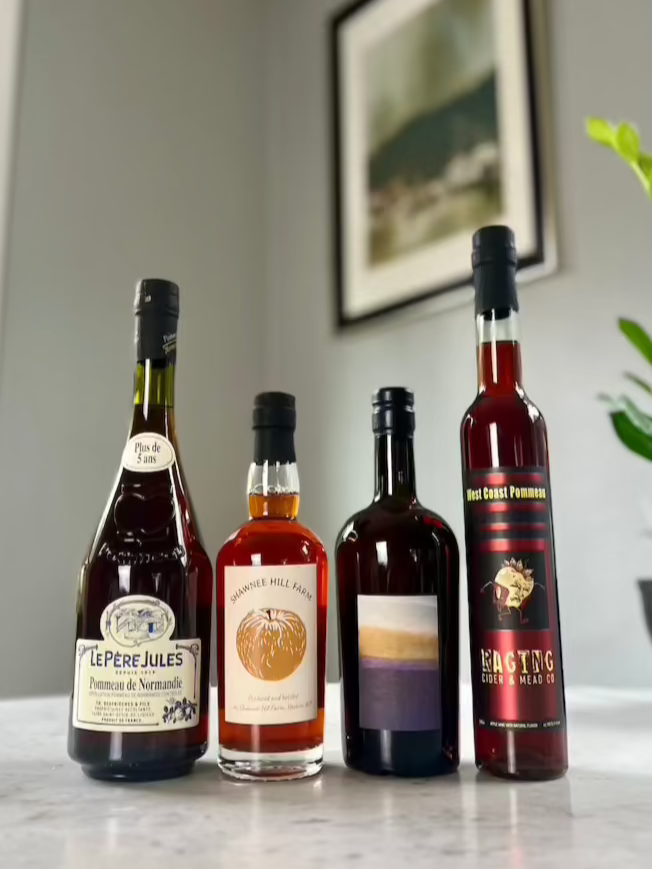
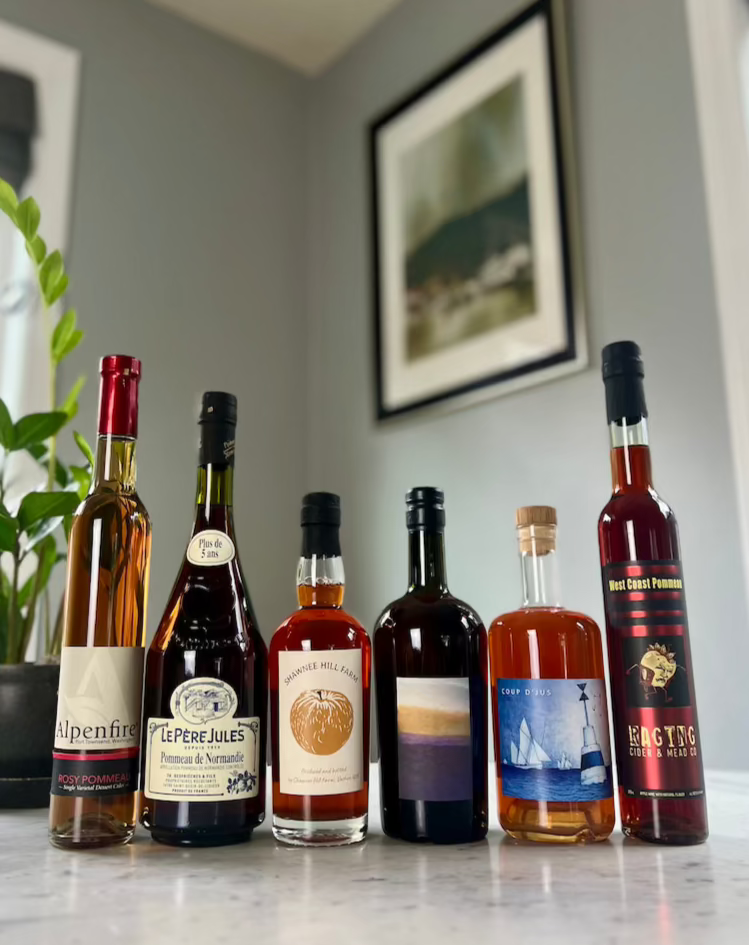


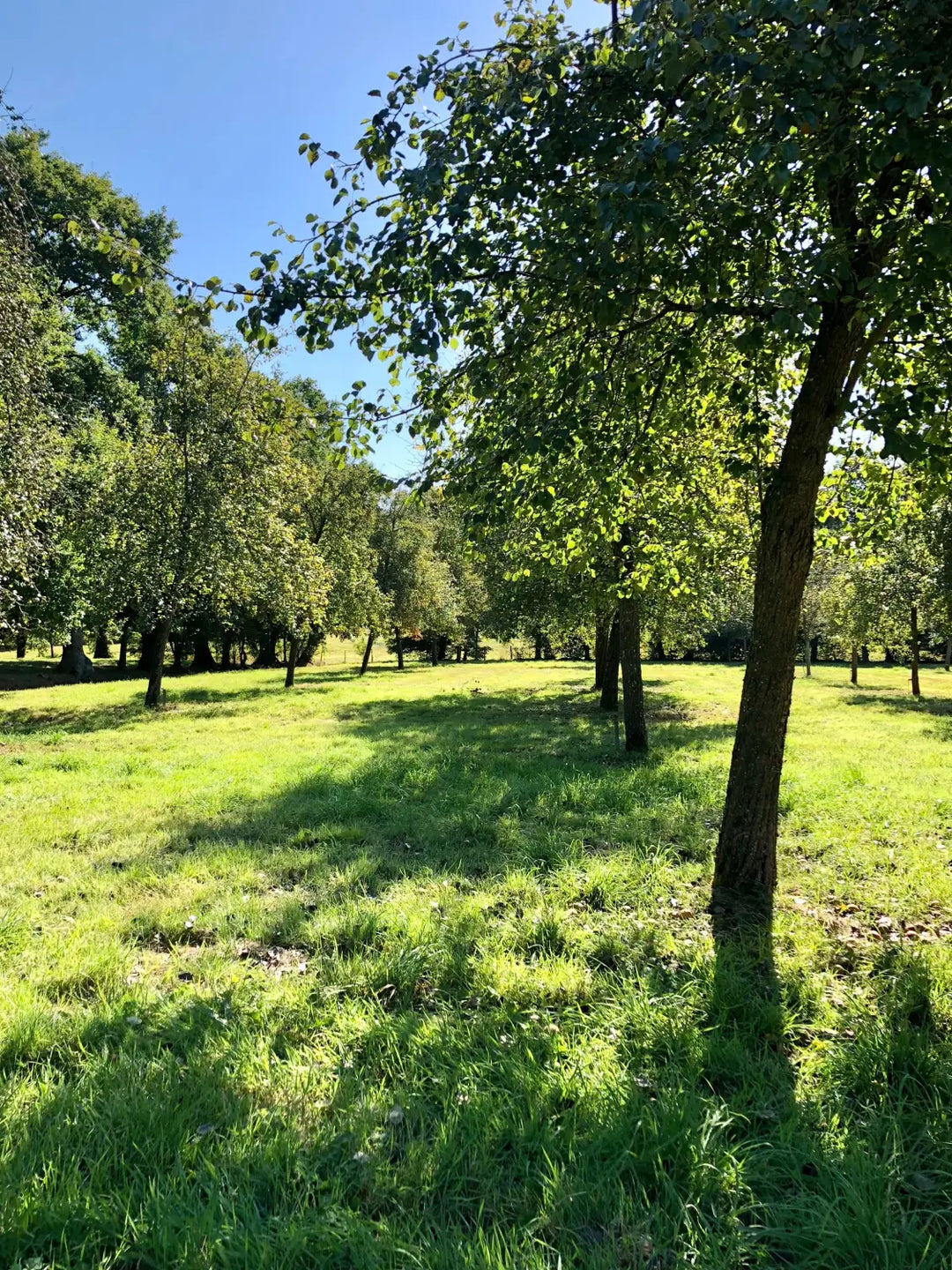


Leave a comment